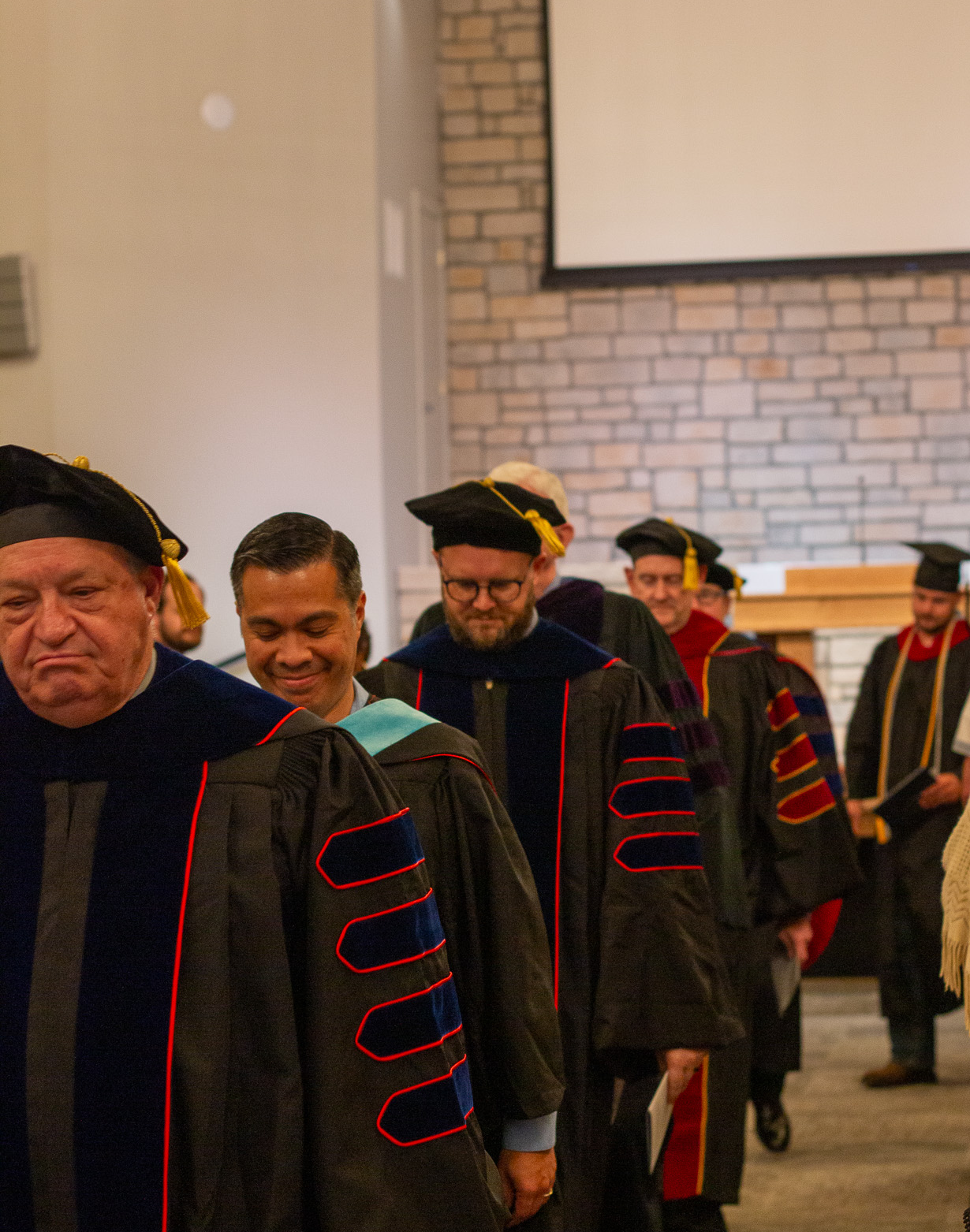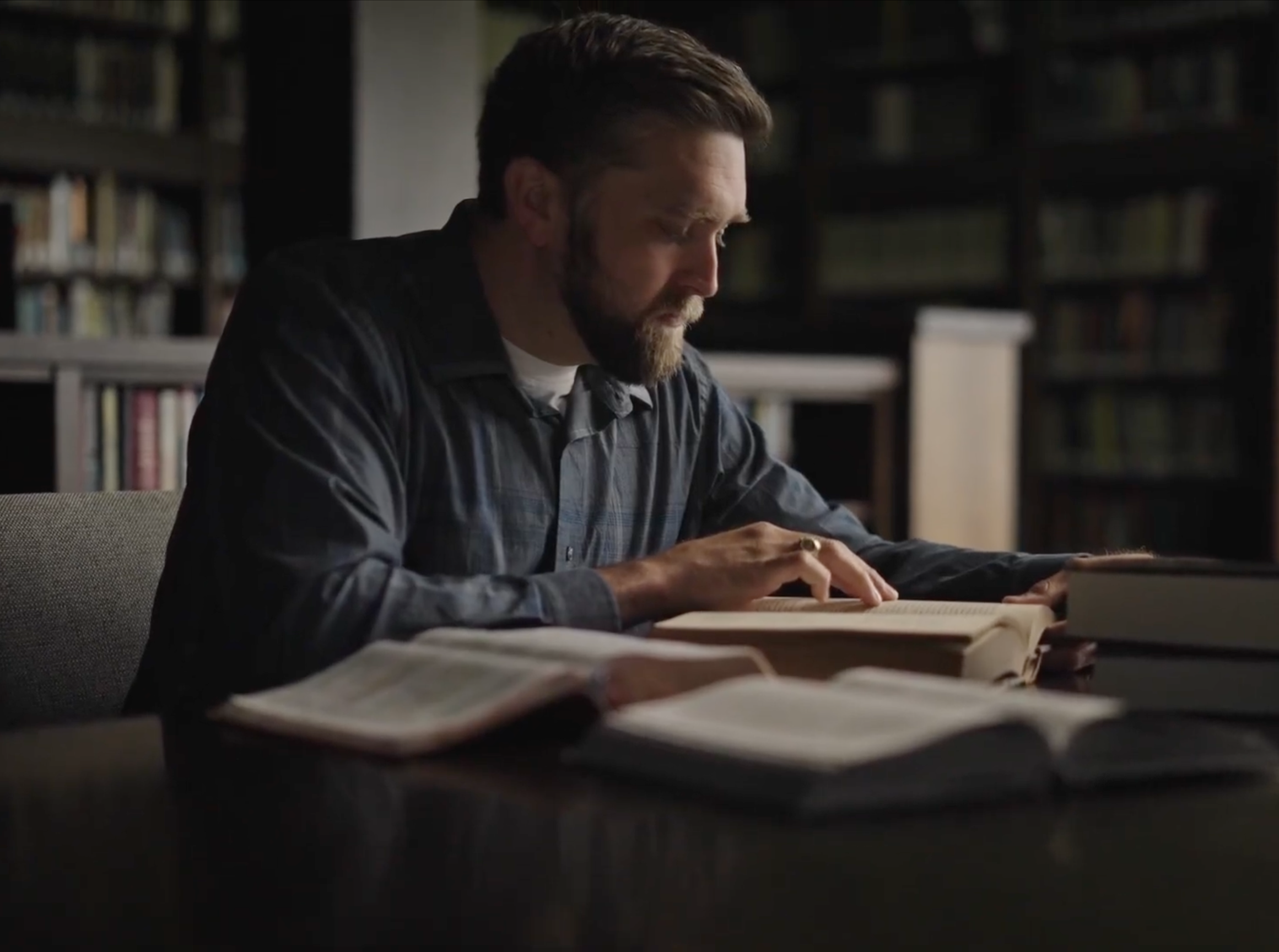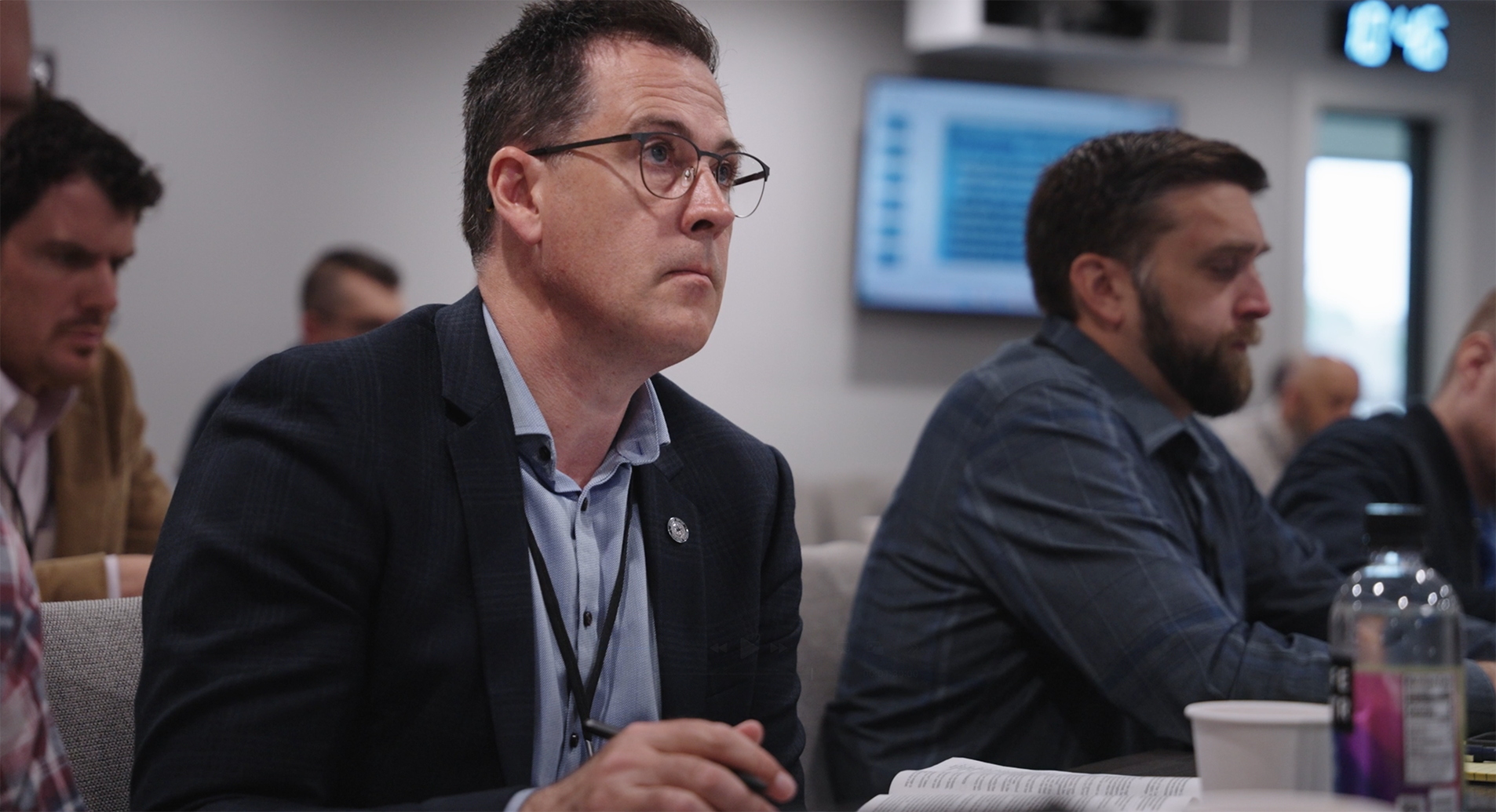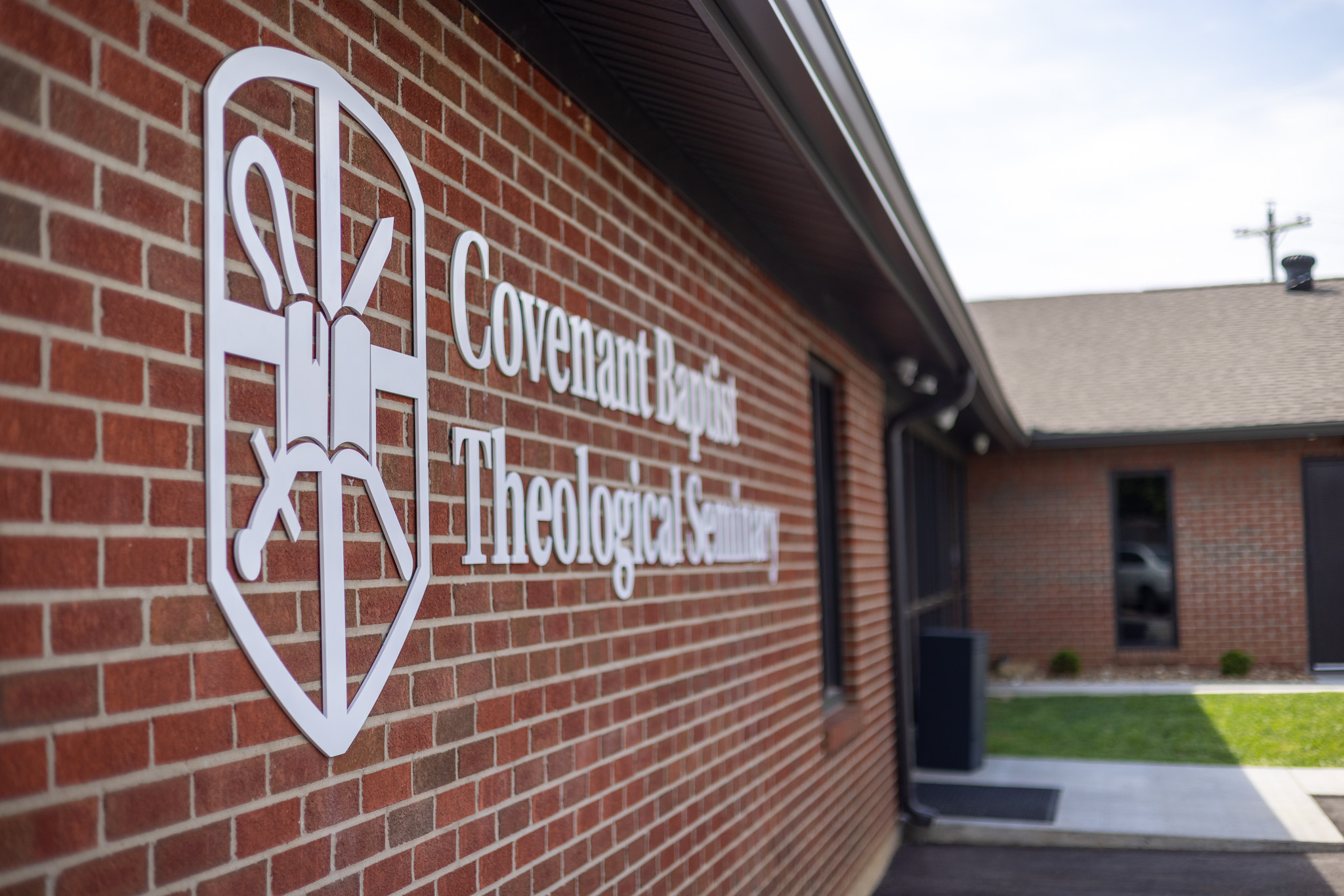Academics
Informed Scholarship
Pastoral Heart
It is the mission of CBTS to prepare men to undertake the full range of pastoral responsibilities and to equip Christians for effective service in the church


Degree Programs
Explore our degree programs.

Student Experience
Learn how studying at CBTS works.

Faculty & Staff
Learn more about our team.

Accreditation
Learn about our accreditation.

